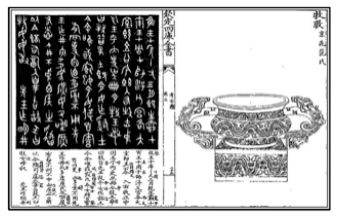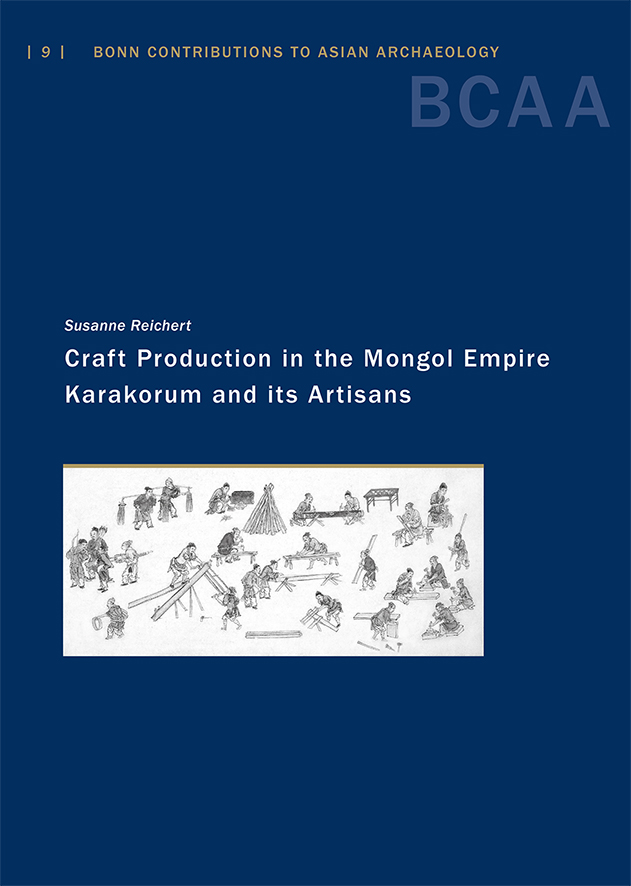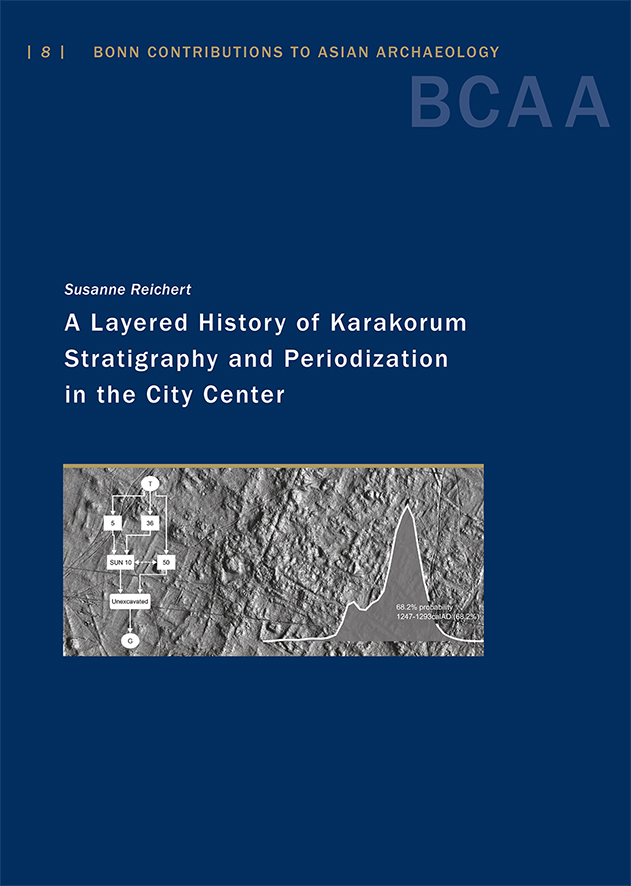The Hebrew University of Jerusalem and the University of Haifa
The Asian Sphere: Trans-Cultural Flows Program
An Inter-University and Interdisciplinary Graduate Program
Call for Enrollment of Doctoral Students (2021-22)
The Asian Sphere offers a unique opportunity for outstanding candidates at the PhD level to enroll in an international multidisciplinary inter-university graduate program focusing on the Asian continent.
The Asian Sphere is a joint Israeli program of the Hebrew University and the University of Haifa funded by the Humanities Fund of the Council for Higher Education in Israel and Yad Hanadiv. It is a structured graduate program of excellence that focuses on various aspects of the entire Asian continent as a continuous civilizational zone. It addresses cross-regional contacts and processes among Asian societies, cultures and states, as well as between Asia and other continents throughout history until present time. The program’s courses are taught in English.
Apart from a dynamic and exceptional environment of learning and research, the program offers scholarships for outstanding graduate students. The scholarships for PhD students are of the amount of 60,000 NIS per year for three years.
The Asian Sphere accepts students from different disciplines in the humanities and social sciences, including Asian Studies, Islamic and Middle Eastern Studies, Archaeology, Geography Political Science, International Relations, Cultural Studies, History, Art History, Religious Studies, Philosophy, Anthropology, Sociology, Economics, Media Studies, Gender Studies, and Environmental Studies,. Research topics are open and can deal with past or current societies. The core of the Asian Sphere teaching activity revolves around advanced seminars on trans-regional, trans-continental and trans-cultural themes, mostly taught by two or more internationally renowned scholars. In addition, students who are accepted to the program will participate in a yearly academic retreat, research trips in Israel and abroad, academic conferences and other activities.
For further information, visit our web site: http://asian-sphere.huji.ac.il/




